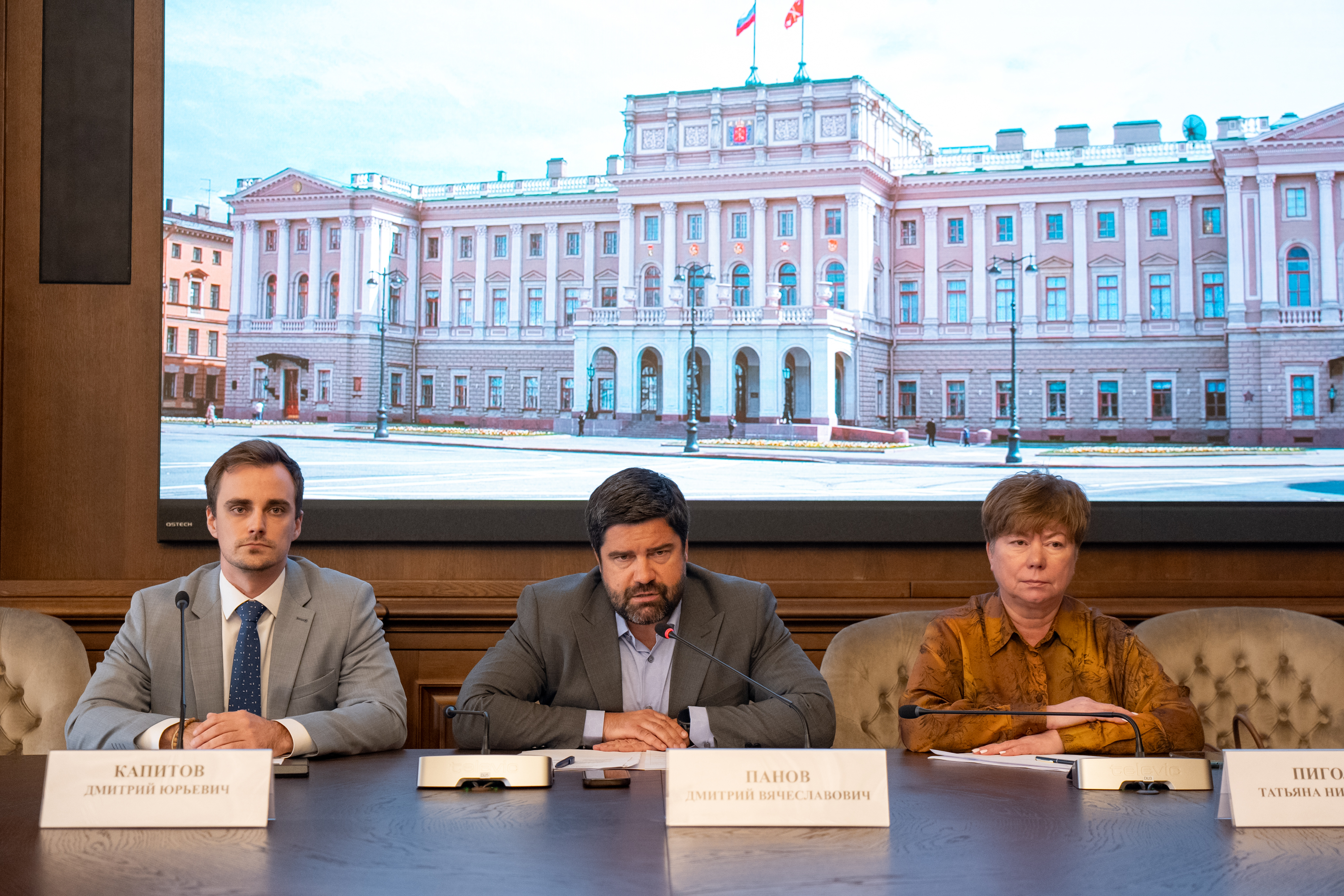The mechanism of implementation of public-private partnership projects was considered in the Legislative Assembly of St. Petersburg.

At the meeting of the expert group of the relevant investment commission of the St. Petersburg Parliament, which took place on August 14, 2025, issues of implementing infrastructure projects using the mechanism of public-private partnership were considered.
Dmitry Kapitov, Deputy Chairman of the St. Petersburg Investment Committee, spoke about strategic priorities and growth points in attracting investments and cooperation with private partners.
"Based on the experience of implementing investment projects in St. Petersburg, we can conclude that the use of a public-private partnership mechanism is one of the most promising and effective mechanisms for attracting investment into the city's economy. Working with investors allows you to launch large infrastructure projects that cannot be fully financed from the budget. The PPP mechanism has great potential to solve the problems of St. Petersburg's development as a megalopolis of the 21st century. Due to its flexible terms, it allows you to effectively implement investment projects in various fields, taking into account the specifics of each of the projects," said Dmitry Kapitov.
He emphasized that in order to increase the investment attractiveness of the city and ensure the inflow of private capital in the Northern Capital, the regulatory framework governing investment activities has been updated. Currently, PPP projects in St. Petersburg are implemented on the basis of two Federal Laws 115-FZ "On Concession Agreements" and 224-FZ "On Public-Private Partnership, Municipal-Private Partnership in the Russian Federation and Amendments to Certain Legislative Acts of the Russian Federation."
At the same time, Dmitry Kapitov stressed that the launch of PPP projects in St. Petersburg is possible on the basis of both public and private initiatives. The procedure for concluding PPP agreements and concessions on the basis of a public initiative implies the organization and holding of a tender, while with a private initiative, the investor prepares the concept of an infrastructure project on his own. For effective interaction with a potential investor, the legislation provides for a procedure for conducting preliminary negotiations, in which the private and public parties will determine the main financial, technical and legal conditions for the implementation of PPP projects before submitting proposals for concluding agreements on the implementation of the project.
"Effective work on attracting extra-budgetary financing to priority projects has allowed St. Petersburg not only to become a leader in the field of PPP, but also to significantly increase its investment attractiveness," concluded Dmitry Kapitov.
Currently, St. Petersburg's portfolio includes 16 concessions and two PPP agreements worth more than 850 billion rubles. St. Petersburg ranks second in the federal ranking and is a leader in the dynamics of the implementation of PPP projects. In addition to large-scale transport infrastructure facilities, including the ZSD, Pulkovo Airport and the SCHMSD, the PPP mechanism applies to all socially significant areas of city life: healthcare, education, culture, tourism, and sports. Work on PPP projects is long-term and stable.